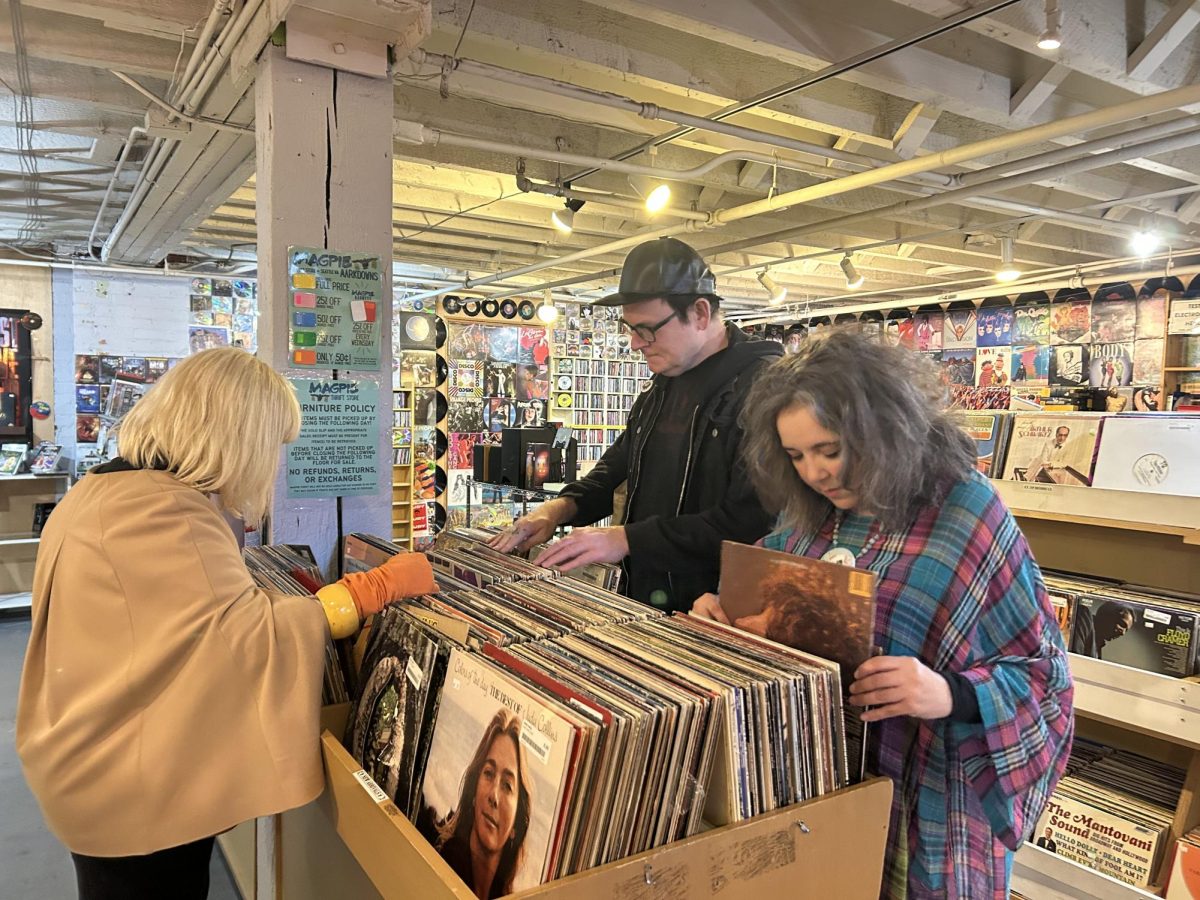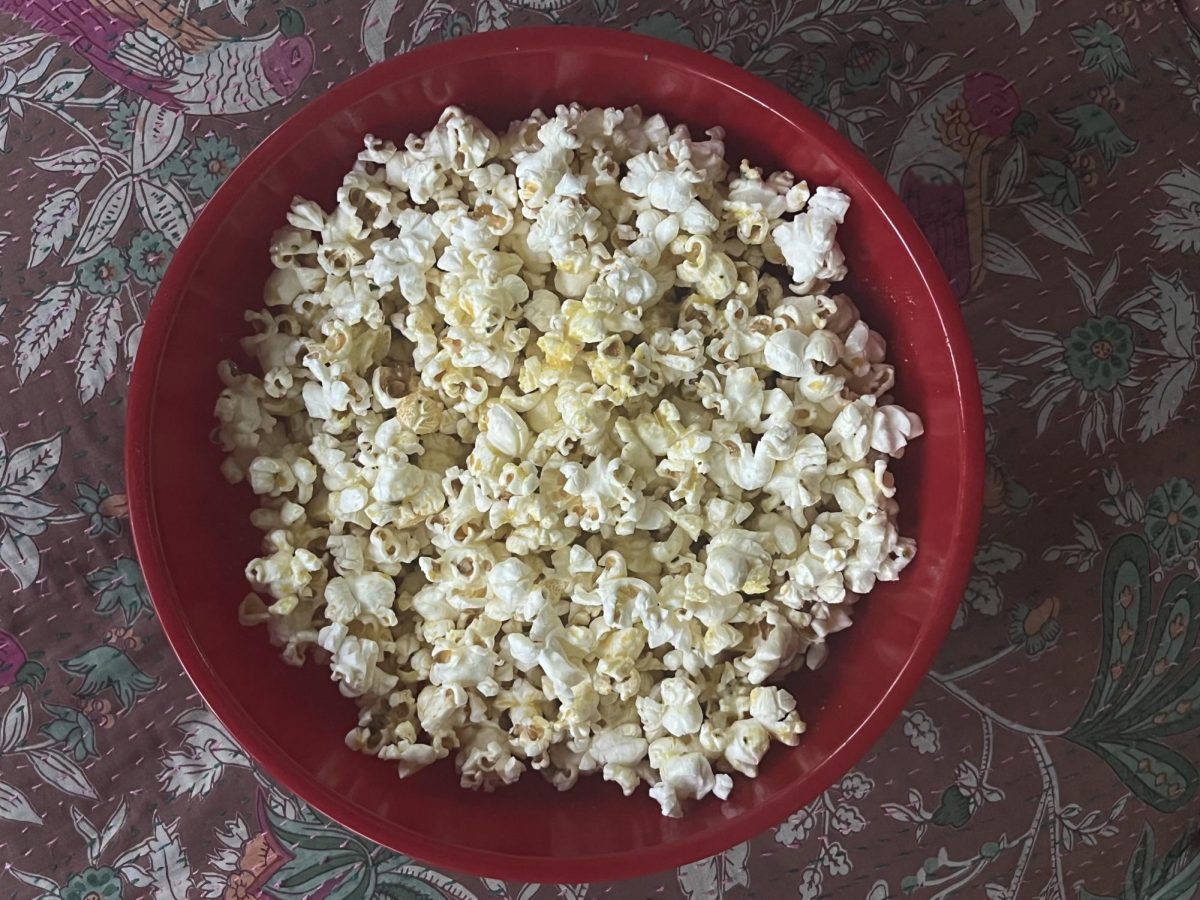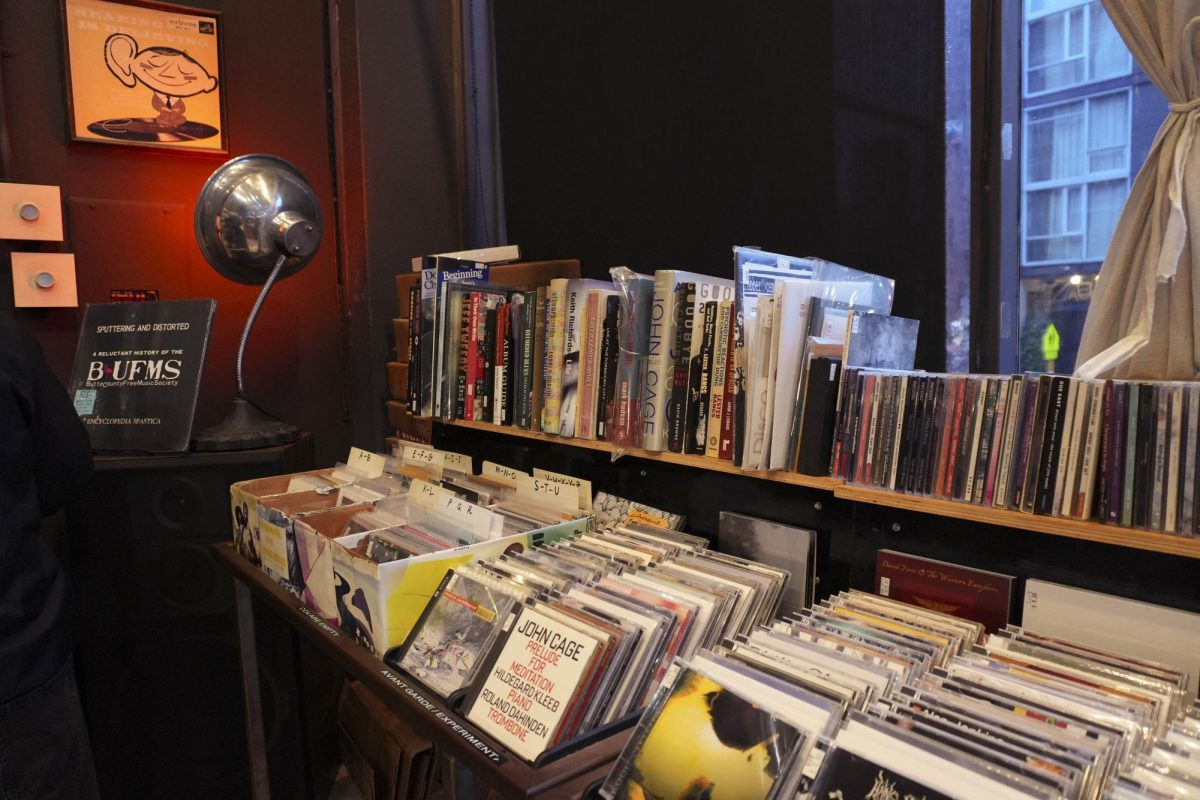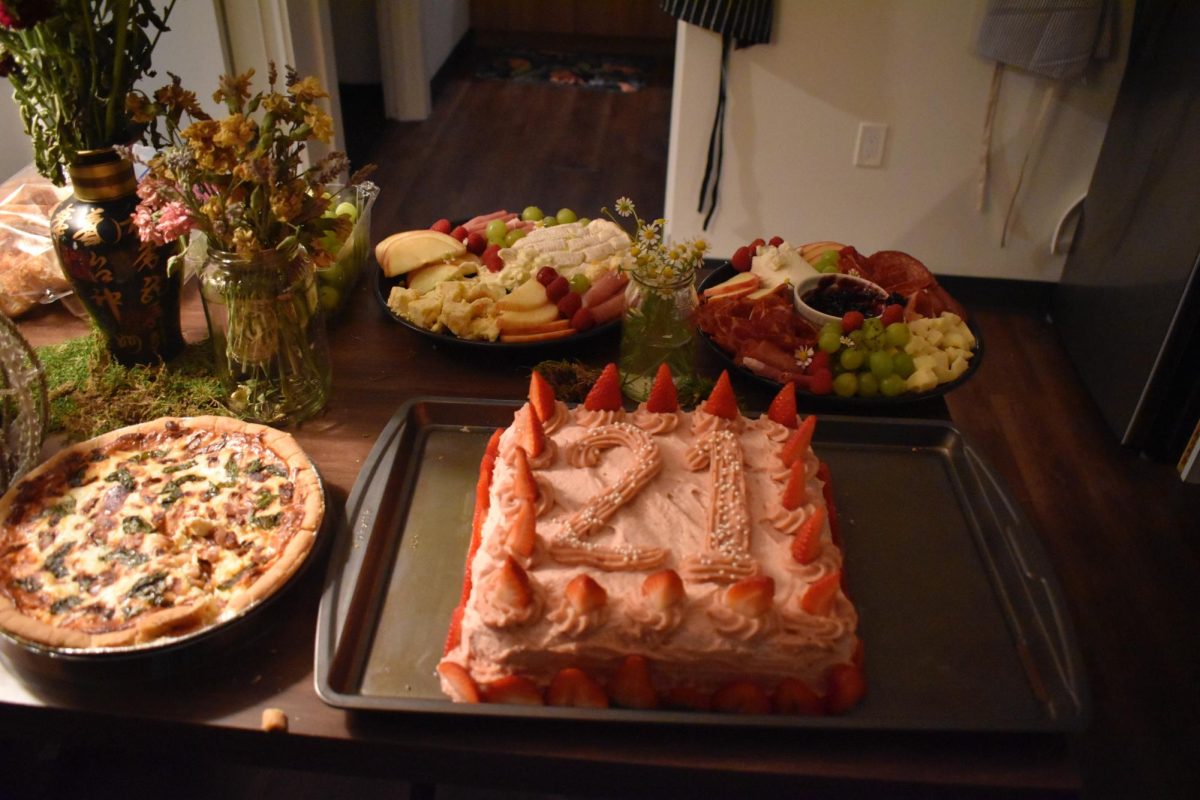Are We Fighting Anti-Semitism or Only Anti-Semitic Events?
(Part II)
This week, I sit down for a conversation with Rabbi Callie Schulman from Temple de Hirsch Sinai on new and old manifestations of antisemitism, the dark web, and the importance of making new friends that aren’t your doubles. While we started talking in the context of the Poway shooting, our discussion turned to the state of antisemitism in 2019 as a larger picture.
Rabbi Schulman is my sponsoring rabbi during my conversion to Judaism and the first female rabbi I had ever met, so I was eager to get a chance to talk to her on this subject. Rabbi Schulman has been ordained for six years, and says that during this time, she has witnessed a difference in the way antisemitism manifests.
“There has been this shift away from civil discourse and tower tribalism and echo-chambers,” Rabbi Schulman said. “We only listen to the people who sound like us and we continue to fuel the fire by spreading news stories or taking as fact something that hasn’t really been fact checked.“
An author I cited last week, Dr. Deborah Lipstadt, coincidentally, had visited Temple the same day as our interview. I didn’t have a chance to attend Dr. Lipstadt’s speech, but Rabbi Schulman said that she talked about a lot of the same things–tribalism on the deep web, people leading themselves into antisemetic violence through their echo-chambers, and lack of healthy dialogue between people with political differences.
“We demonize the Other and are no longer able to have conversations about differences of experience, differences of opinion,” Rabbi Schulman said. “We are in this fuzzy area of [not knowing] what is fact, what is lie, and what is opinion.”
Rabbi Schulman went on to tell me a disturbing story about voicemails she and other rabbis across the Pacific Northwest received last Christmas Eve. The caller was a man who identified himself with an alias that, Rabbi Schulman said, was something like “Alt-Right Antisemite.”
“He said, ‘our president has said that we can wish you a merry Christmas again and take back Christmas. So I wanted to wish YOU a merry christmas,’ and then he proceeded to sing a different Christmas carol on everybody’s voicemail,” she said. “…which actually is my favorite part. There’s a secret part of me that would love to compile these into an album.”
While the Christmas carols seemed comical, another addition to Rabbi Schulman and another female rabbi’s voicemails was more insidious:
“Then he said, ‘and you’re just a yenta, and yentas gonna yent’ which, like, makes no sense,” Rabbi Schulman said. “But after looking at it through a lens of intersectionality [I thought], ‘oh I was getting Jew hatred and misogyny all in one phone call.’”
Rabbi Schulman suggests that this mixing of different hatreds–such as sexism and Jew-hatred at the same time–is also happening more often. While there may not always be an immediate physical threat, these words and invasions of things as everyday as voicemail boxes reveal a significant crossing of boundaries.
“I was so scared of this call, not because I thought this person was going to show up and do me harm but because it is so indicative of what people feel permission to do now.”
The idea of permission came up several times in our talk. I feel like when I engage with folks who think hate speech is still covered under free speech, a common push-back that comes up is that speech does not equal action–which is true. But if we restrict what should and should not be said to legal definitions, we lose sight of the truth that speech does lead to action.
Let me provide a concrete example of something that most of us find socially unacceptable. If someone feels permission to call their mother sexist slurs when she doesn’t pack their lunch the way they want, then it is going to impact that real-life relationship with their mother and the level of respect they have for her, which, not surprisingly, manifests in the physical world to real actions and real behavior. Most of us can probably agree that if this person feels permission to verbally attack their mother for no reason, this is part of a larger thing going on with them that probably impacts other areas of their life.
Similarly, it’s unlikely that people spouting antisemitic rhetoric have their Jew-hatred contained to only verbal space–whatever that is.
“There are all these online communities, these dark corners of the deep web where you can go and find your people if you’re an antisemite who wants to kill Jews,” Rabbi Schulman said.
The opposite action to cultural tribalism, Rabbi Schulman said, is to connect with other people who don’t seem immediately similar to your background and to seek out new experiences that you don’t understand.
“Making friends who are different from us and seeking experiences that are different from our own make it so much harder to allow hateful speech to happen. You can be like, “no, I’ve been in Jewish spaces and I’ve met Jewish people who aren’t wealthy and who contradict stereotypes,” Rabbi Schulman said.
Calling people in when people you know say hateful things–especially in casual settings–is equally important. Rabbi Schulman suggests coming from a place of curiosity of what a person means by their comment, and modeling vulnerability in relationships can replace defensive barriers with a sense of safety and space to grow.
“We’re kind of coming out of a time where we’re like, let’s not ruffle feathers at family dinners or at social gatherings and if people have off the wall opinions we can sort of roll our eyes and say, ‘oh that’s just so-and-so”… I don’t think we can do that anymore.
The editor may be reached at
fdivinagracia@su-spectator.com








